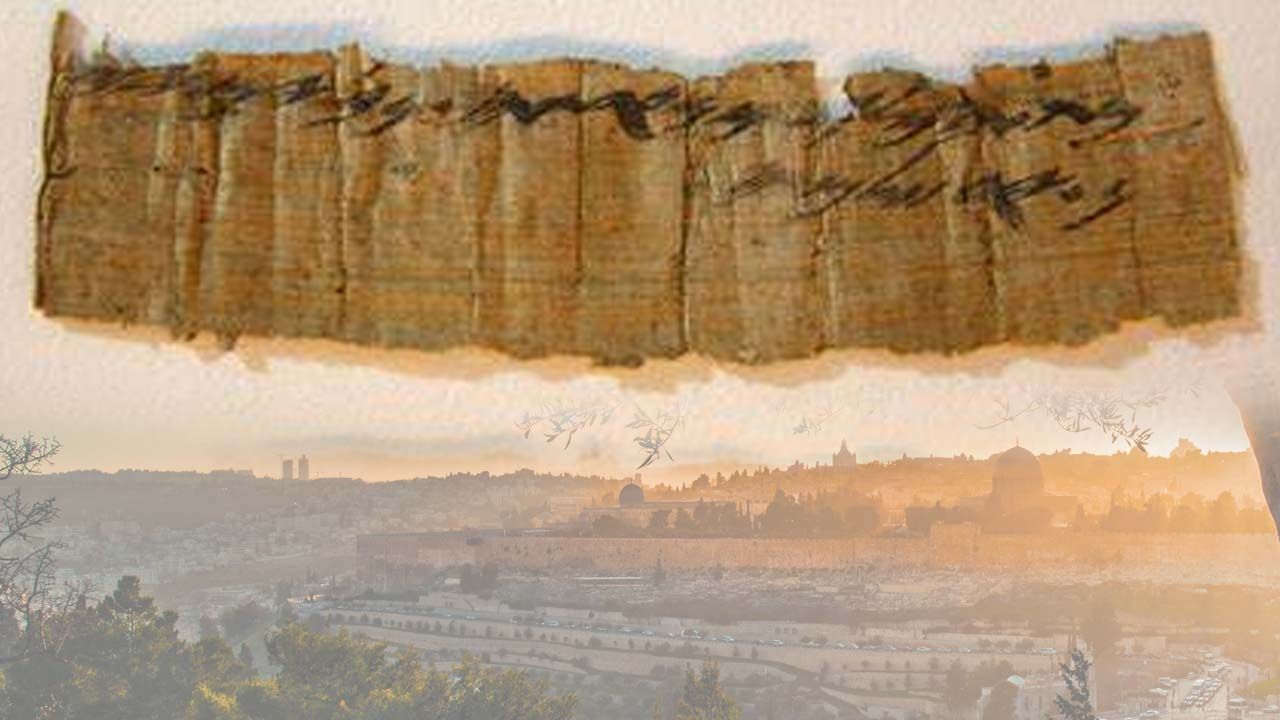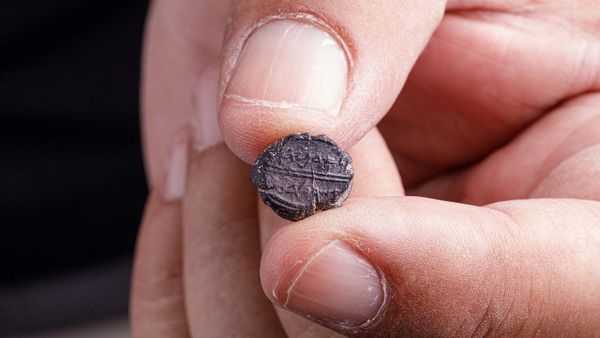In October of 2016 Israel Antiquities Authority unveiled a papyrus that is believed to be 2,700 years old. Israeli archaeologists have discovered an ancient wine ledger that they believe contains the earliest written reference to Jerusalem outside the Bible. This makes a very short text a remarkable and rare find. The Israel Antiquities Authority (IAA) seized this 2,700-year-old papyrus from thieves who had taken it from a desert cave near the Dead Sea. Two lines in Hebrew detail the shipment of wine from the king’s household.
The inscription reads, “From the king’s maidservant, from Na’arat, jars of wine, to Jerusalem…”
Many people are skeptical about the accuracy of the Bible, so discoveries such as this one serves as independent sources which confirm the information Bible presents.
“The document represents extremely rare evidence of the existence of an organized administration in the Kingdom of Judah,” said Dr Eitan Klein of the IAA in his interview to BBC.
The archaeologists who studied the fragment dated the 11cm by 2.5cm (4.3in by 1in) piece of papyrus to the 7th Century BCE. If this is correct, this indeed is the earliest historical mention of the city of Jerusalem from a written source other than the Bible. And it seems that the weather in the Dead Sea region helped preserve this ancient ledger.
“Organic material, such as documents, particularly delicate paper like papyrus, perish over time due to their sensitivity to moisture,” the IAA’s Amir Ganor said to BBC. “The dry climate of the desert is exceptional in that it facilitates the preservation of documents that provide invaluable information regarding the way of life in antiquity and the early development of religions,” he added.
Considering how short a bit of text is, it still gives us a lot of tangible extrabiblical evidence for Jerusalem being a true center of Israelite life. First, we see an organized and recognized monarchy in the 7th-century Jewish kingdom. We see gifts or possible business transactions conducted. Second, we see Jerusalem as the center or, at the least, a base of operations for the kingdom. There is no doubt here that the city is mentioned by name. Third, we see some sort of production, use, and transportation of wine in pottery in 7th-century Israel.












Member discussion